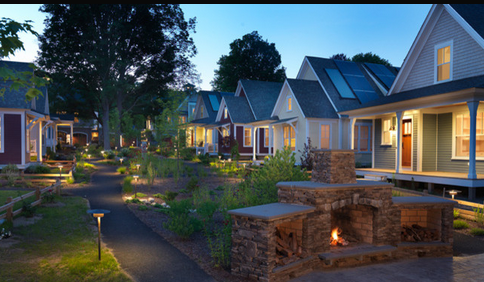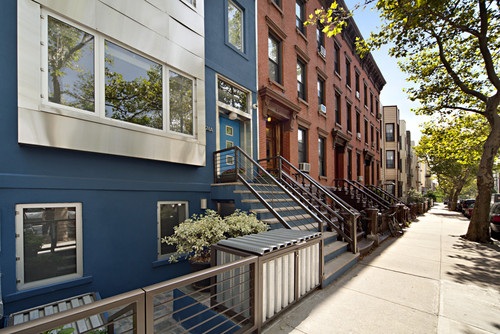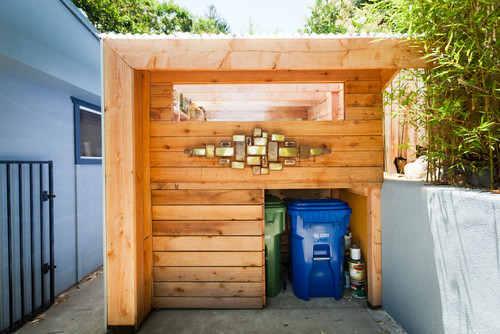If you saw someone accidentally drop a bunch of oranges on the sidewalk, would you help pick them up? A recent study shows that 40 percent of people would. What’s interesting, is that for passersby who had witnessed an act of positive social behavior taking place nearby — like someone sweeping debris from the street — prior to the oranges’ dropping, that percentage more than doubled, to 82 percent of people stopping to help.
Good social behavior spreads, whether we realize it’s influencing us or not. The findings, published by Kees Keizer, a behavior scientist and professor at the University of Groningen, Netherlands, confirm the belief that setting a good example can positively affect others. But this study ventures even further to show that when we observe others caring about society, we end up caring, too.
This concept has broad applications, but in our own neighborhoods is a good starting place. Want a nicer street? Show your neighbors that you care about keeping it clean and safe; they might get the message and follow suit. “Showing that people care for norms apparently has a big influence on other people in the neighborhood conforming as well,” Keizer says.
How to Use Behavioral Science to Better Your Neighborhood
Let your neighbors know you care. If your neighbors see that you care, they’re more likely to care as well. That means don’t hide your actions from public view. The more your actions are on display, the better. Here a homeowner has created corrugated metal bins for trash and recycling to help keep the street clean. The extra effort signals to neighbors that this homeowner cares about the appearance of the street, a behavior that’s likely to be replicated.
Ever wonder why recycling bins are often brightly colored? It’s actually a signal to others that you’re being a good neighbor, and hopefully others will follow. “In part it’s easy for people to see that their neighbors are putting them in the street,” Morris says. “It’s a normative effect. And, emotionally, they don’t want to be different from the norm.”
Pick up litter. There’s just something about litter that encourages disorder. As you walk through your neighborhood or on your street, make a point to pick up trash whenever possible. It’s all about making other people think of these norms and rules as important. “If you know that all your neighbors think it’s important to have a clean street, it’s going to be harder to litter in that environment,” Keizer says. “So communicating that we care about this is key.”
Have a group mentality. We often live in our own little bubbles. As a result, we might not know if we’re causing a problem with our neighbors. By meeting with neighbors regularly to talk about concerns, people are more likely to think about the group as a whole than in terms of individuals.
Maybe you didn’t realize how frustrated your neighbors were by that one tree branch hanging from your yard that dropped berries onto the sidewalk and cars. After hearing this concern, you might consider trimming back the tree. Maybe the neighbors would even help pitch in to pay for it. This would reinforce a group mentality for future behavior in your neighborhood. “The more you think a certain behavior is common or approved of, the more likely other people will pick it up,” Keizer says.
Submit your Pictures and thoughts on how to improve your neighborhood.




